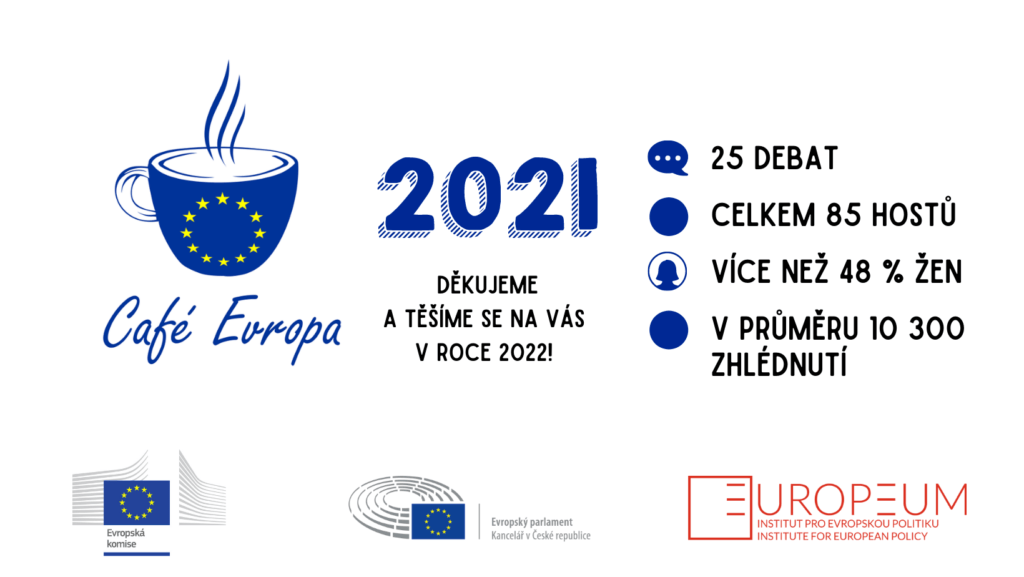Articles Archive
See all articles and discover more interesting topics!
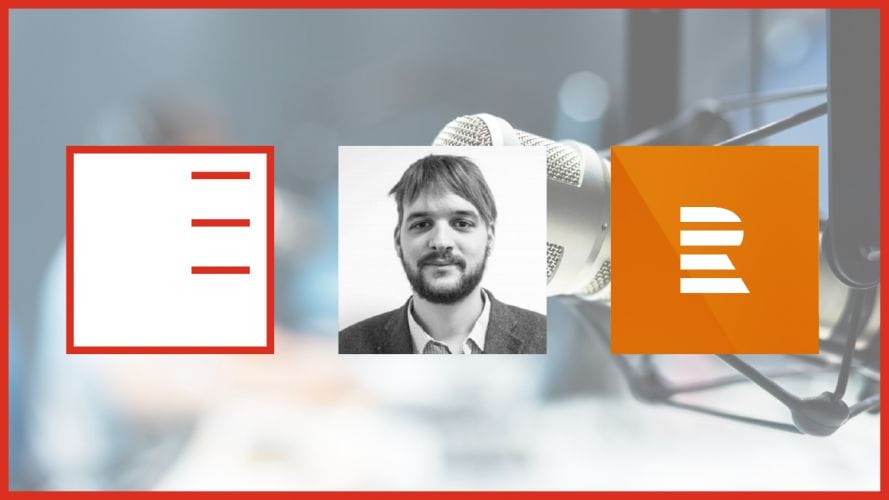
ČRo Plus: France holds the EU presidency. Czech Republic wants to reform Schengen and move forward with asylum reform
The priorities of the French Presidency include the economic recovery of the Union after the pandemic, the climate agenda, European defence, relations with African countries and the Western Balkans. Our research fellow Vít Havelka also commented on the topic.
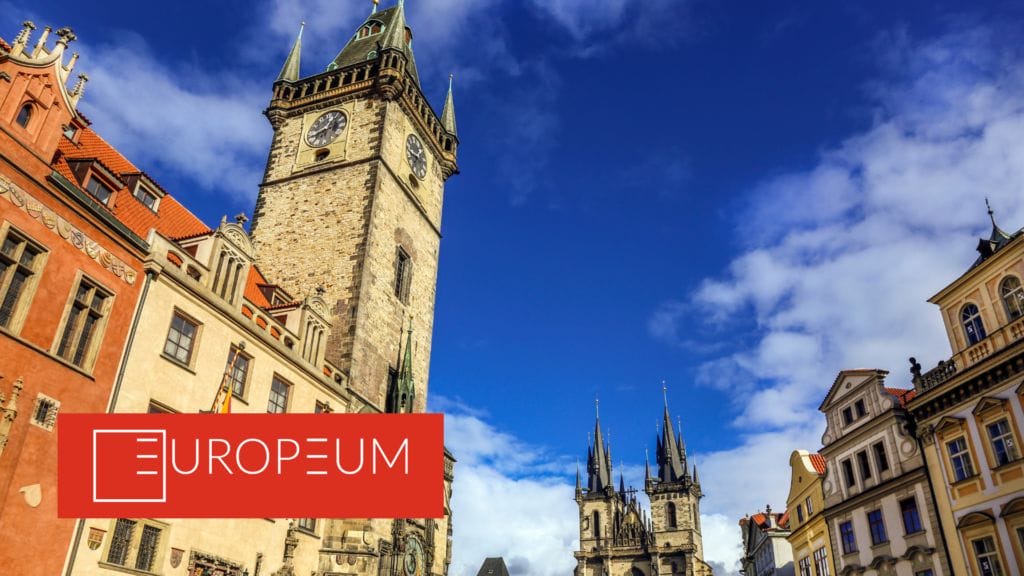
The new year brought a change in the EUROPEUM team
With the end of 2021, Zdeněk Beránek has left the director's chair and will now be working in the team of Markéta Pekarová-Adamová, the President of the Chamber of Deputies. His agenda at the Institute will be taken over by Executive Director Martin Vokálek, Deputy Director Christian Kvorning Lassen and the rest of the team.
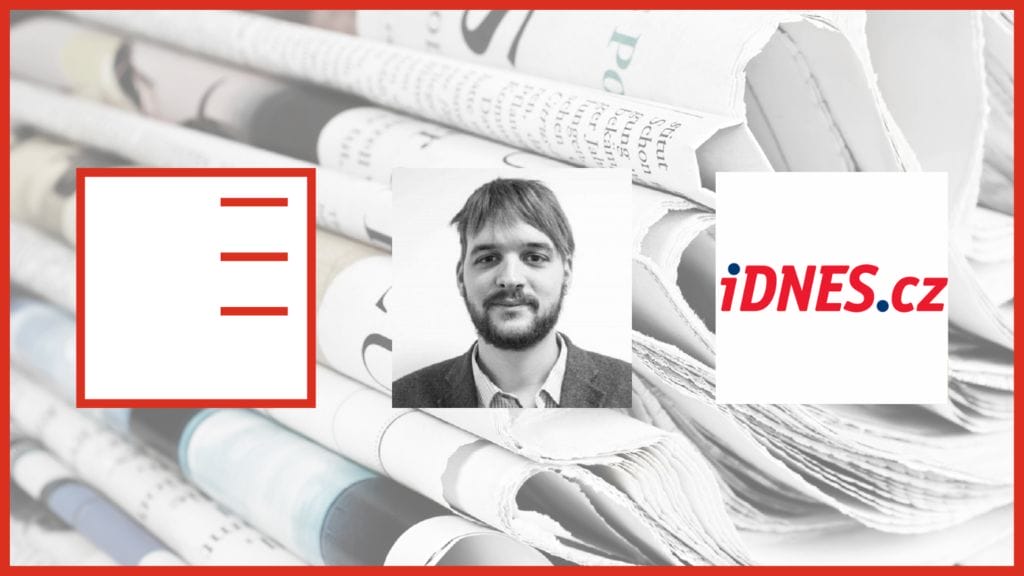
iDnes.cz: ANALYSIS: EU Presidency? The ability to negotiate and agree will decide
Our research fellow Vít Havelka wrote an analysis for iDnes.cz summarising the challenges of the Czech EU Presidency for the Czech government.
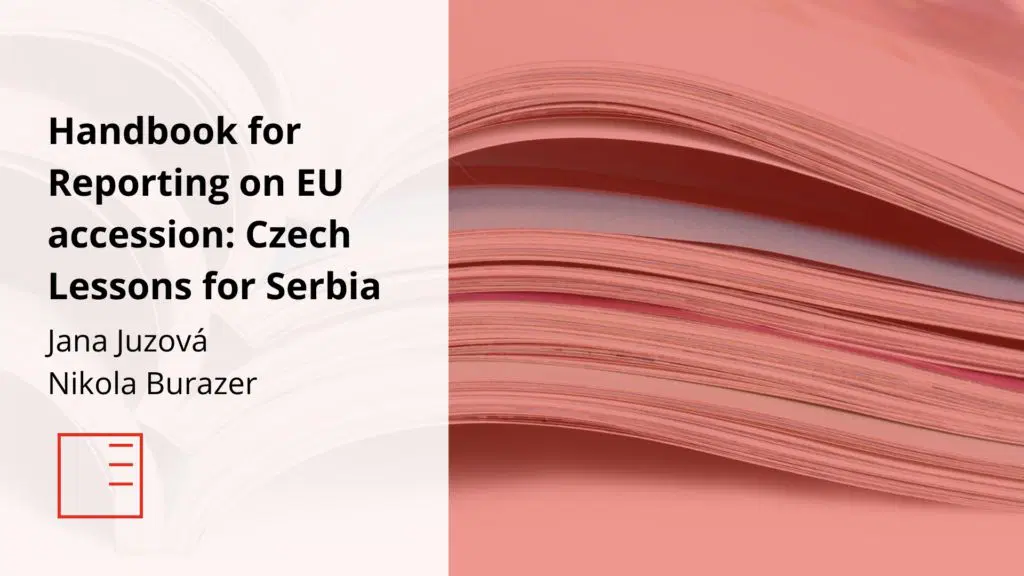
Handbook for Reporting on EU accession: Czech Lessons for Serbia
Our researcher Jana Juzová, in collaboration with Nikola Burazer from Centar Savremene Politike, has written a handbook for reporting on EU accession. The handbook is intended for those reporting on Serbia's EU accession process, either as representatives of the media or civil society.
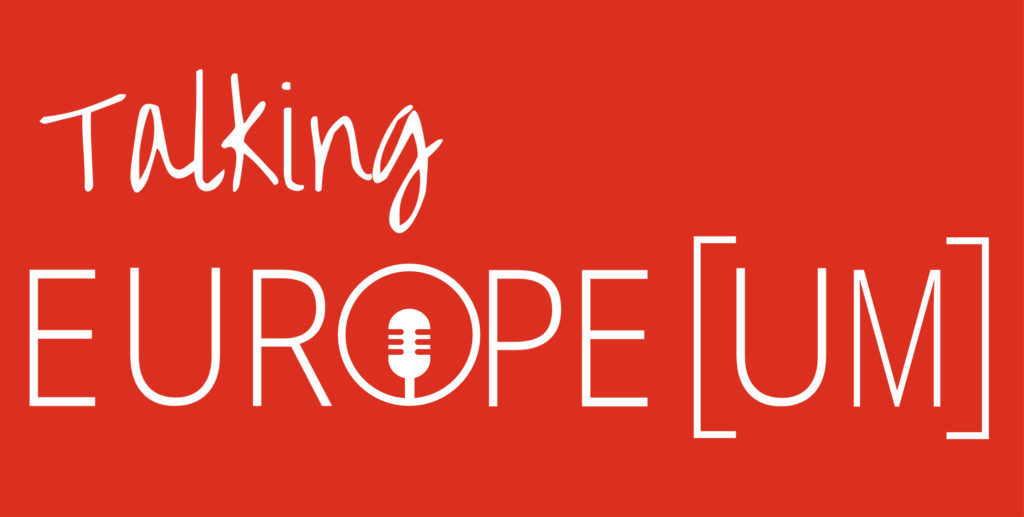
Talking Europe(um) – podcast about Europe and the EU
Talking Europe(um) is a podcast which comments on current issues in the European Union. List of episodes, as well as information about where you can listen to the podcast, is in the article.
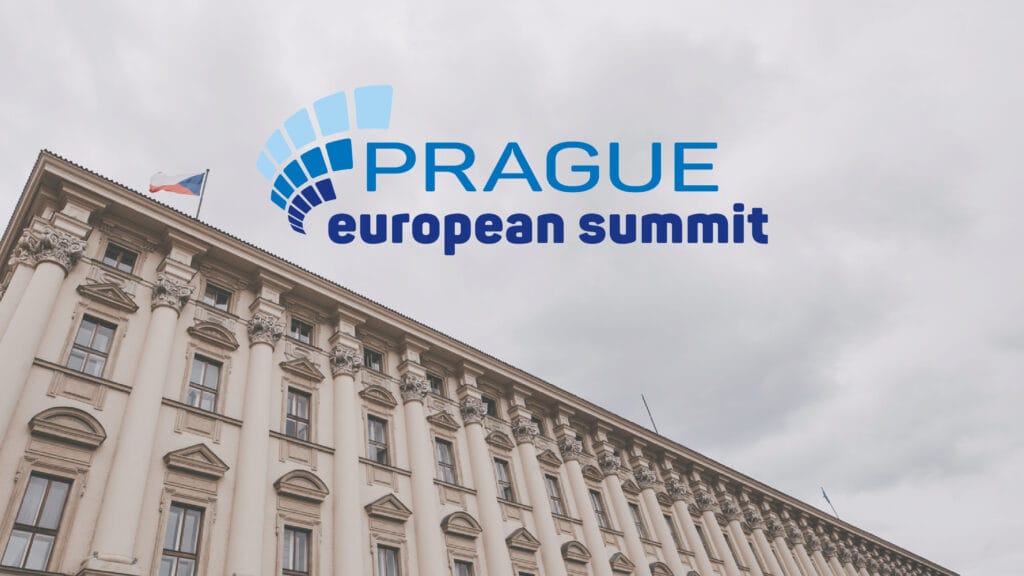
Prague European Summit
Prague European Summit serves as a platform for strategic dialogue about common responses to EU's challenges since 2015. The project is co-organized by the Institute for European Policy EUROPEUM and Institute of International Relations, Prague, and every year many experts on the EU topics attend the Summit.
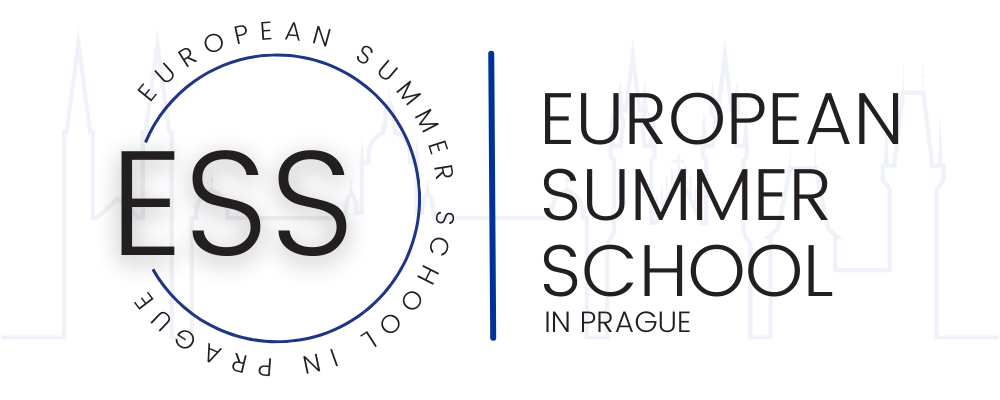
European Summer School (ESS)
The European Summer School in Prague is an intensive 8-day learning programme focused on European integration. It is organized by one of the leading think tanks in Prague, EUROPEUM Institute for European Policy under the auspices of the Representation of the European Commission in the Czech Republic and in cooperation with Prague College and Faculty of Social Sciences of Charles University.
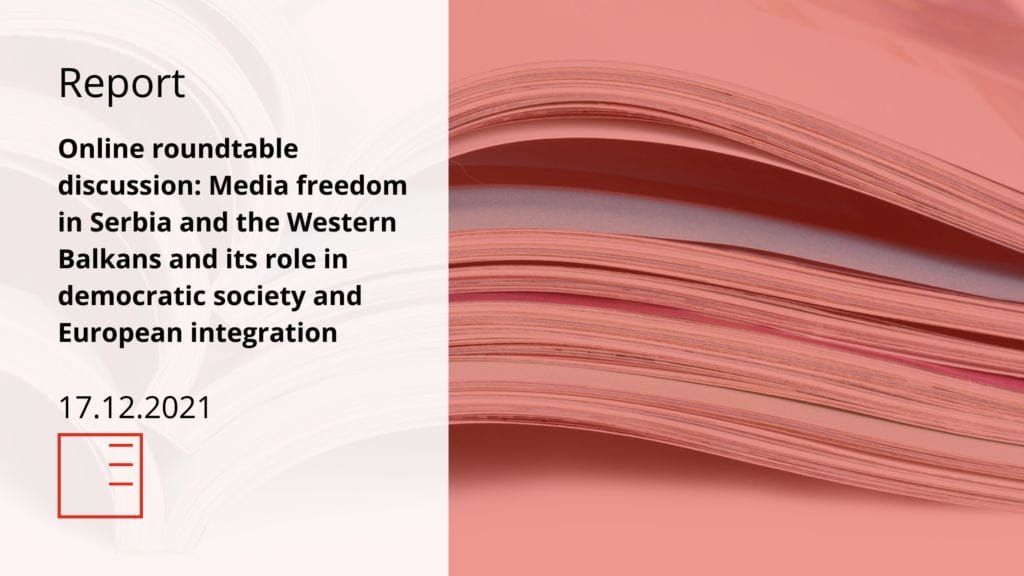
REPORT: Online roundtable discussion: Media freedom in Serbia and the Western Balkans and its role in democratic society and European integration
An online roundtable discussion took place on 17 December, and you can read a report on its proceedings. The discussion focused on media freedom in Serbia and Western Balkans.
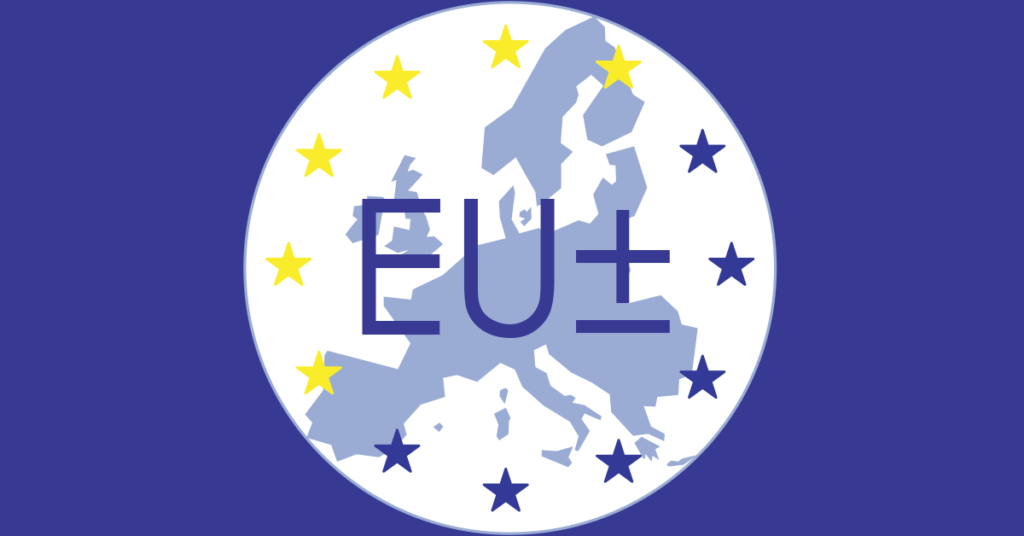
Debates from the EU± series
The EU± project - a platform for discussions on topics related to current EU issues in the eyes of the young generation – takes place since the beginning of 2018. In the next year, we continue with debates on topics such as Euroscepticism, Brexit, V4, Erasmus +, work abroad, the situation in the Western Balkans, migration, cybersecurity, the Czech Republic within the EU or fake news and misinformation.
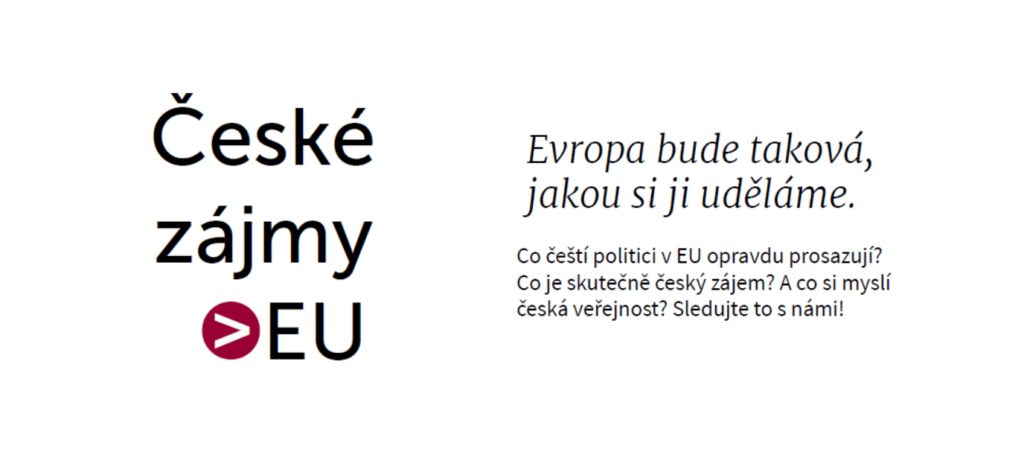
Czech Interests in the EU
In May 2020, EUROPEUM Institute for European Policy, in cooperation with the STEM Institute of Empirical Research (project initiator), the Association for International Affairs (AMO) and Europe in Data portal, launched the Czech Interests in the EU project. It aims to explain to the Czech public how Czechs influence politics in Europe, and to examine whether politicians in Europe really promote Czech interests.

Policy Brief: Responding to China's connectivity agenda in EU's Neighborhood: a Central European perspective
A Policy Brief on the appropriate response of Central European countries to China's expansion in the EU neighbourhood was produced during a study visit to the Brussels office of the Think Visegrad platform. The author of the paper, Jakub Jakóbowski, focuses on the possibilities of engaging Central Europe in the EU's global connectivity agenda, implemented under the Global Gateway initiative. He highlights links with the Western Balkans and the Eastern Partnership as an indispensable element of Central European connectivity.
